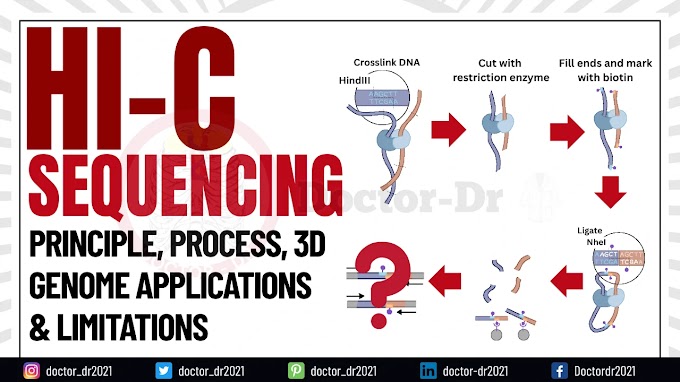A groundbreaking study from researchers at the Francis Crick Institute has identified which Y chromosome genes regulate sperm development and fertility in male mice. This discovery could provide valuable insights into why some men experience low sperm production and infertility.
Understanding the Y Chromosome and Its Importance
Males typically possess one Y chromosome and one X chromosome, while females have two X chromosomes. While it is well-established that the Y chromosome is essential for male fertility, the specific roles of individual genes on this chromosome have been less clear.
Key Findings of the Research
Published in Science, the study used thirteen genetically modified mouse models, each missing specific Y chromosome genes, to examine fertility. The researchers evaluated reproductive success by analyzing offspring numbers, sperm production, and sperm structure and motility.
The results revealed several critical genes on the Y chromosome:
- Removing these genes caused infertility due to a lack or reduction of sperm, failure to maintain a sperm stem cell reservoir, or abnormal sperm shape or movement.
- Some genes, when removed individually, had no noticeable effect but caused defects when deleted together. This was particularly evident for a group of three genes analogous to the AZFa region in humans—a region linked to severe male infertility.
The findings suggest that multiple Y genes contribute to fertility and can sometimes compensate for each other. This highlights the complexity of infertility, as some cases likely result from the loss of multiple genes simultaneously.
Implications for Human Health
Beyond reproduction, some Y chromosome genes are active in other organs, such as the brain and heart. These genes may play crucial roles in aging-related conditions, such as Alzheimer's disease or cancer, particularly in men who lose Y chromosomes in their blood due to cell division errors.
Future Directions
Jeremie Subrini, the study's first author, emphasized that the Y chromosome is more integral to male fertility than previously believed. "Historically, the Y chromosome was misunderstood, with some even suggesting it was non-essential or on the verge of disappearing. Our research debunks these notions," he said.
James Turner, the senior author, noted the broader impact of this research. "With 1 in 6 couples struggling to conceive, and many cases linked to genetic factors involving the Y chromosome, understanding these genes is critical. Sequencing the Y chromosome in more individuals could uncover unexplained causes of infertility and pave the way for potential treatments, such as replacing missing genes in sperm cells to aid IVF."
This study not only sheds light on the complexity of male fertility but also opens the door to future research that could transform infertility treatments and enhance our understanding of Y chromosome functions.
Reference
Jeremie Subrini, Wazeer Varsally, Irina Balaguer Balsells, Maike Bensberg, Georgios Sioutas, Obah Ojarikre, Valdone Maciulyte, Björn Gylemo, Katharine Crawley, Katherine Courtis, Dirk G. de Rooij, James M. A. Turner. Systematic identification of Y-chromosome gene functions in mouse spermatogenesis. Science, 2025; 387 (6732): 393 DOI: 10.1126/science.ads6495







